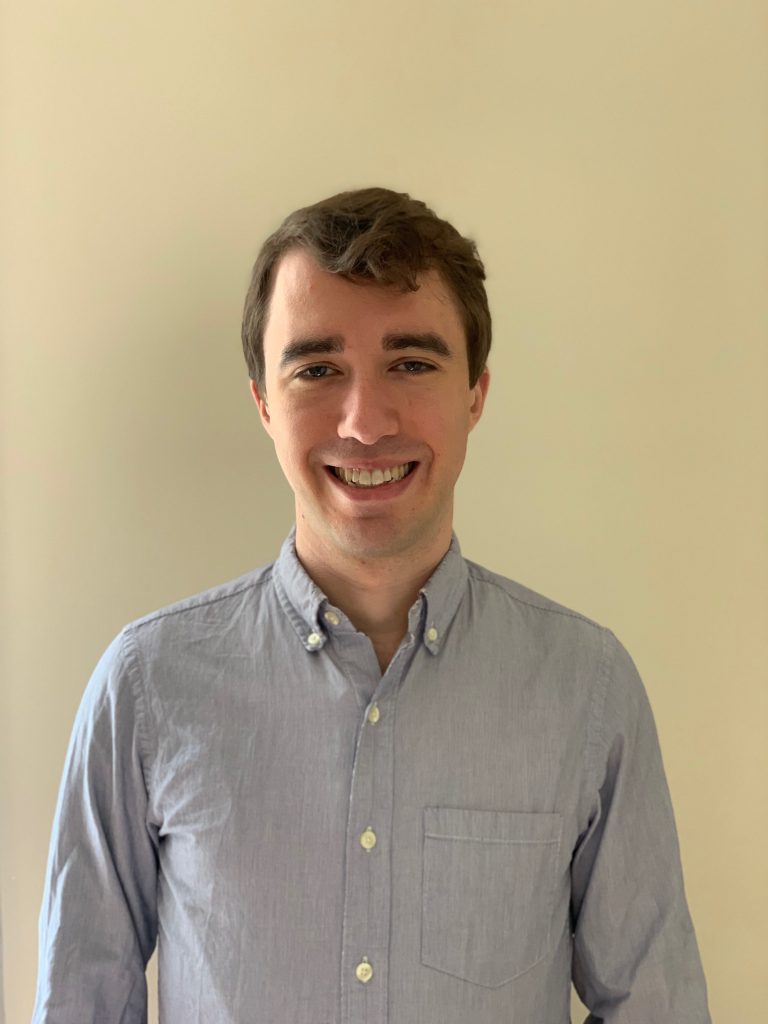BRENDAN CLARK ’21
STAFF WRITER
The Trinity College English Department is offering, for the first time, an English 101 course in spring of 2018. The course, which will meet on Tuesdays from 6:30 to 9:10 pm, will fo-cus on the fundamental and overarching ques-tions of the literary field. The course will be taught by Professor Da-vid Rosen; however, all faculty of the English department will have a stake in the course and will have the opportunity to contribute in a sort of “buffet style” to the course curriculum. This means that a different faculty member of the English department will come in each week and lead a class on different concepts within the lit-erary theme of “writing about the self,” teaching that subject from the perspective of their re-spective academic field. “In every discipline, there are fundamental questions that all who teach have to answer.
However, nobody within the discipline answers those questions in exactly the same way,” stat-ed Rosen. The course is intended for all students and, Rosen added, offers “an exposure to the various disciplines within the field,” there by allowing students to experience the multifarious approaches to En-glish study. The course allows students to approach the teachings of the English faculty and assess them within their own respective interests. “How would a creative writing student consider the idea of writing about oneself? How would a Medievalist? How would an African literature student?” he added.
The course, which Rosen envisions as “a house with many windows: you get a different view each week,” will consist of several written papers drawn from the readings and lecture workshops led by the faculty of the department. The course offers the opportunity for students to draw from the various disciplines that they witnessed, both in papers and during class discussions, and consider the trends that have come to define the study of “writing about the self.” The class will be both a lecture and a workshop, providing students the chance to hear from the visiting faculty member at the start of class and, during the latter half, generate writing based upon the afore-mentioned presentation. The course will also fulfill the critical reflections requirement for English majors. The course itself has been considered in department discussions for more than four years and was predicated around the concept that “everyone in this [English department] office sensed that what each of us does is valuable and different and thought, it would be great to showcase that,” added Rosen.
Further, the course challenges students to think critically about the field and to consider all of the aspects of it at a much earlier point in one’s college career. “This sort of thinking about how the field works, a sort of meta-cognition, is the hardest thing to achieve,” added Rosen. “This is something that we usually do not begin to address in earnest until the junior or senior year,” he explained.
The class will be both a lecture and a workshop, providing students a chance to hear from the visiting faculty member at the start of class and, during the latter half, generate writing based upon the afore-mentioned presentation.
Thursday, February 20 2025
The Student Newspaper at Trinity College in Hartford, Connecticut




+ There are no comments
Add yours